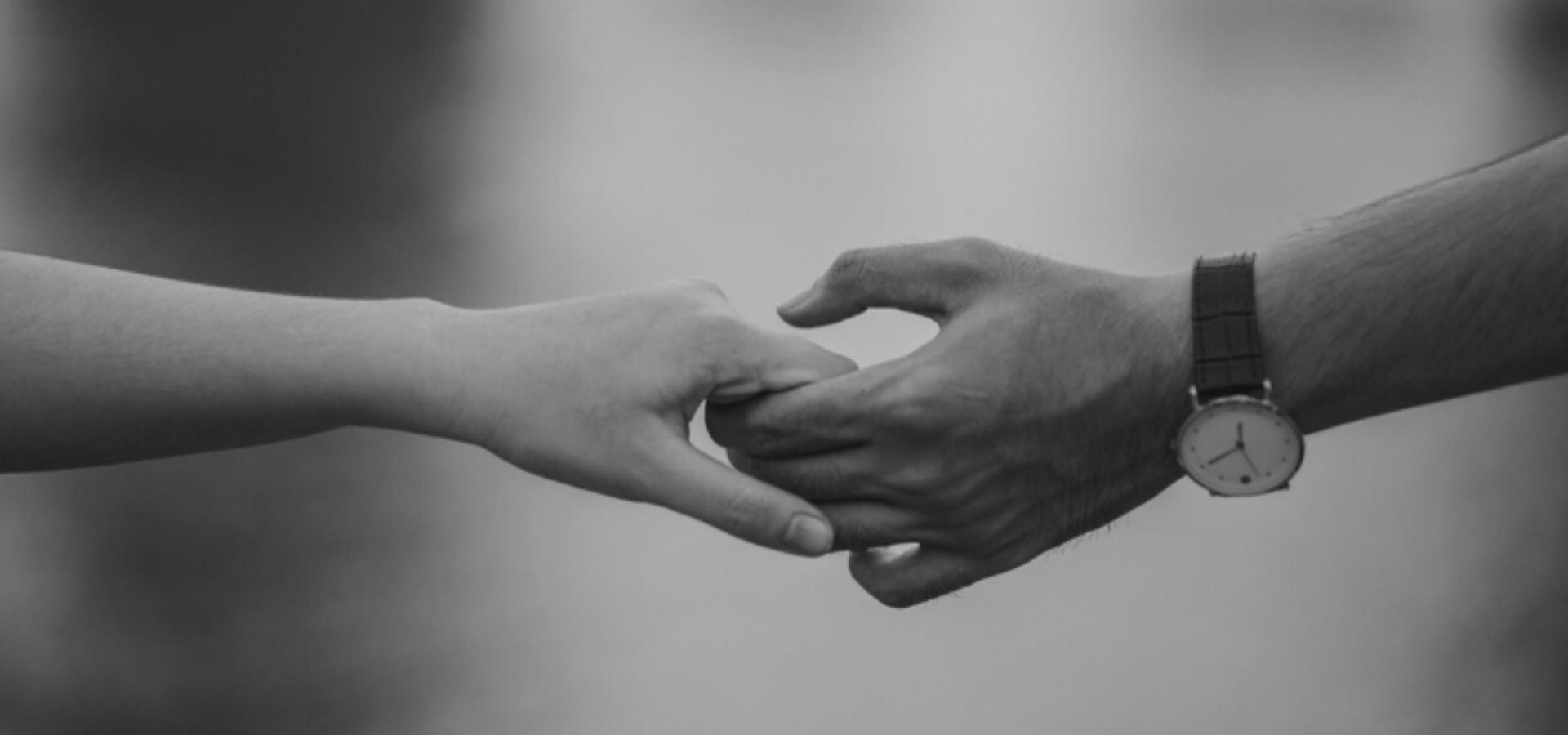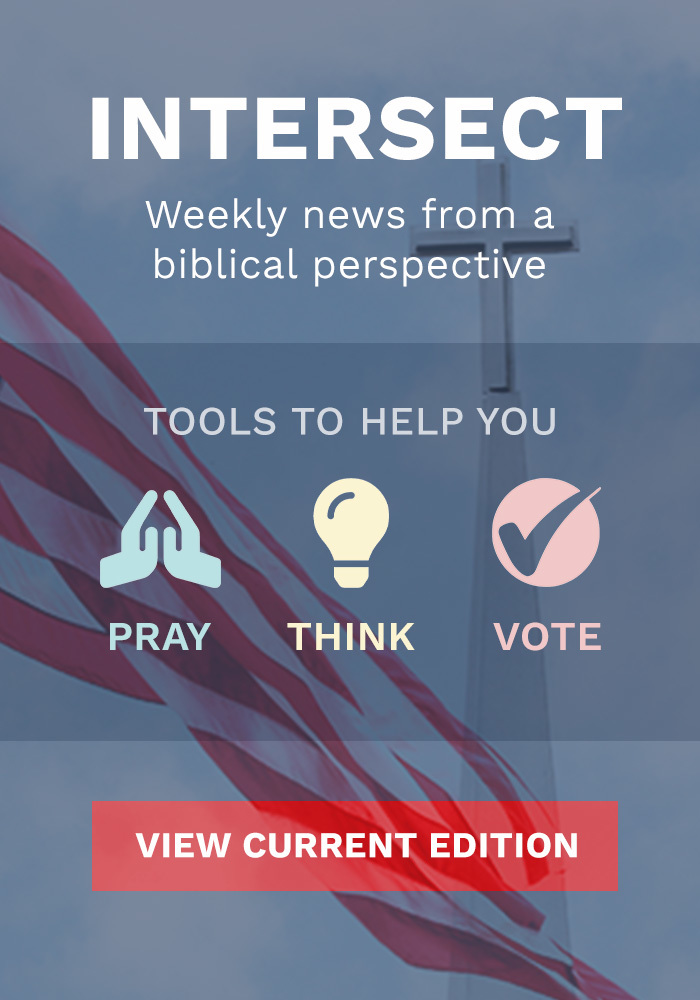
The struggle of social distancing and service
2020 has introduced a new term to our social lexicon -- “social distancing.” And it turns out social distancing is a really destructive response to a really destructive disease.
Stay-at-home orders (social distancing) are like chemotherapy treatment. It’s a poison to our communities, and because we’re desperate, we do it hoping it’ll kill the cancer before it kills the patient.
The critical question we are left asking is if social distancing is more or less destructive than COVID-19.
As of now, we aren’t taking our full dose of social distancing, because we already know what would happen. Imagine closing our hospitals, grocery stores, manufacturing plants, and trucking companies in order to achieve maximum social distancing. Much of the country would be “dead” within weeks, both figuratively and literally. It would be worse than COVID-19. So we don’t apply social distancing to all businesses for the risk of destroying our economy and ourselves.
But looking ahead, even our current balance isn’t sustainable.
From recent news, we’ve learned, “Over 170,000 unemployment claims were filed in Washington state last week between March 29 and April 4. That was a 6.5% decrease over the previous week, but a 2,627% year-over-year jump, and seven times more than the peak week during the 2008 recession.”
The news is similar in every state. Seven times worse than the Great Recession. This is the spread of poverty. This would even be worse than the Great Depression if we allowed it.
Some might define poverty as a lack of money, but I’m going to argue that is much deeper than that. Poverty is a lack of service. We were created to serve each other. When we can’t find someone willing or able to mutually serve, that is poverty. The biggest natural threat to humanity, even beyond the very real threats of illness and war, has always been poverty.
Does it seem strange that I would talk about poverty in this richest nation on earth? It shouldn’t. Poverty is the world’s default setting and is held at bay only by people constantly serving each other well.
But can’t the government provide help? The government tries to hand out cash, but there’s only so much government programs can do. Real sustainable income comes from service. And remember, poverty isn’t cured by money anyway but by service. Bill Gates has plenty of money, but all his billions won’t even get him a haircut and a roll of toilet paper if he can’t find someone willing to cut his hair or stock the shelves.
If that example seems trivial, here’s another.
George Washington was one of the wealthiest and most popular men in the nation in December of 1799. But he died suddenly because he couldn’t find anyone who could properly serve his needs when he fell ill to a basic sickness.
The big difference between George Washington’s day and ours? We have more wealth in the way that matters -- we know how to serve each other better. We must not lose that.
As Christians, much of the practical application of our faith is based on service. “Whoever would be great among you must be your servant,” Jesus said. And he lived it out Himself because He “came to serve and give His life a ransom for many” (Matthew 20:26-28). The greatness and impact of our lives are measured in service to the Lord and to others.
This virus is evil because it’s stopping us from serving each other.
I understand that COVID-19 takes lives. But so does social distancing.
Last month, a certain woman had a doctor’s appointment canceled because her need was deemed “non-essential.” She had money and insurance, but she still couldn’t find a doctor who would serve her. What she doesn’t know is she has an aggressive form of cancer. It could have been stopped if treated in time, but now it won’t be. By the time she finally gets that appointment, it’ll be too late.
A man has been sober for nine years. In a couple of weeks, he will crack under the stress of losing his business and life savings because he isn’t allowed to serve his customers. He’s going broke -- and back to the bottle. His life will begin a destructive downward cycle.
These are hypothetical examples, but for thousands of real people all across the nation, this is their story. When we are shut down it’s not just money that’s given up. We’re ushering in a poverty of service. When we stop serving each other, poverty attacks and lives are destroyed.
Like chemotherapy, long term social distancing isn’t the “safe choice.” There is no safe choice. COVID-19 is bad, but poverty may be worse.
We tell people, “your job isn’t essential, stay home.” But for them, it IS essential. It’s how they serve others. It helps fulfill the deep psychological need to live for something greater than one’s self, and it’s how they afford to pay others to serve them in return. Every job is essential to somebody.
It’s critical to recognize that COVID-19 is not our only enemy. If we must avoid contact to slow the spread of COVID-19, we must also figure out how to do it while still serving each other. A vacation from serving is okay for a short time, but it’s lethal for a long time. And this is looking like a long-time fight.
“We need to wait a little while,” it was said. 15 days to flatten the curve. Then 30 more. Then what? Now some are calling for 18 months of self-isolation because nothing has changed since March 1st. The threat remains. Nothing will be different in May either. Or June. I expect some schools will not reopen in September because it’s quite possible nothing will be different even then.
Even outside of the hotspots in the nation, much of the country has closed down. Not because we are being attacked with hospitalizations or deaths, but because of the *threat* that the number of hospitalizations and deaths could skyrocket. It is fear of what could happen. Some fears are unreasonable; this one is not. The stories of death and chaos some cities have seen are real. But it is still fear that stops us and that fear will be here in the fall just as surely as it is here now.
The good news is the battle may not be as bad as some have thought. Some parts of the country have great restrictions, other parts fewer. But outside of a couple of major cities, no areas are seeing huge outbreaks, even with less social distancing. That is encouraging.
Of course, that could change. We just don’t know for sure.
Either way, we cannot cower in our homes for 18 months. That will certainly be worse than the virus. I wish the jokes were true. I wish our “D-Day moment” consisted of us sitting around in our sweats for four weeks binge-watching Tiger King. But it’s not looking that way.
Social distancing will not be enough. This war isn’t going to be over quickly, so we’re going to have to venture out. It will take real courage and ingenuity, in the face of real danger, to figure out how to still serve each other well. But we have to do it. And I believe we will.
Caleb Backholm is a married father of three and a small business owner. A “political nerd” since childhood, he first started publishing social and political news commentaries in the Jr. High school newspaper and has been writing ever since. He attended Northwestern College in St. Paul, MN where he studied Broadcast Communications, Biblical Studies, and History. Originally from Washington State, he currently lives in Ft. Worth, Texas and is a student at Southwestern Seminary. Caleb can be reached at calebbackholm@gmail.com.
###
My Faith Votes— is a ministry that motivates, equips, and activates Christians in America to vote in every election, transforming our communities and influencing our nation with biblical truth. An estimated 25 million Christians who are registered to vote, fail to vote in presidential elections. My Faith Votes is on a mission to change this statistic by helping Christians act on their faith and vote in every election. When we pray unceasingly for our nation, think biblically about the issues, and vote consistently in every election the impact of Christians taking action from the local to the state and federal level will be unprecedented.
Website | www.myfaithvotes.org Twitter | @MyFaithVotes Facebook | My Faith Votes


In your prayers, please remember those struggling with homelessness, addiction, depression, and physical illness. I work for New York City Relief, a Christian mobile outreach food and care ministry for the largest homeless population in the country - 90,000 in the NYC metro area. We are doing all we can to help those desperate for a meal, a prayer, and hygiene items to make it through another night on the streets. Please see our latest street video here from last week: https://youtu.be/edpUbjmY5R4 . Thanks for your prayers! - Blessings for your safety and health, Bobby